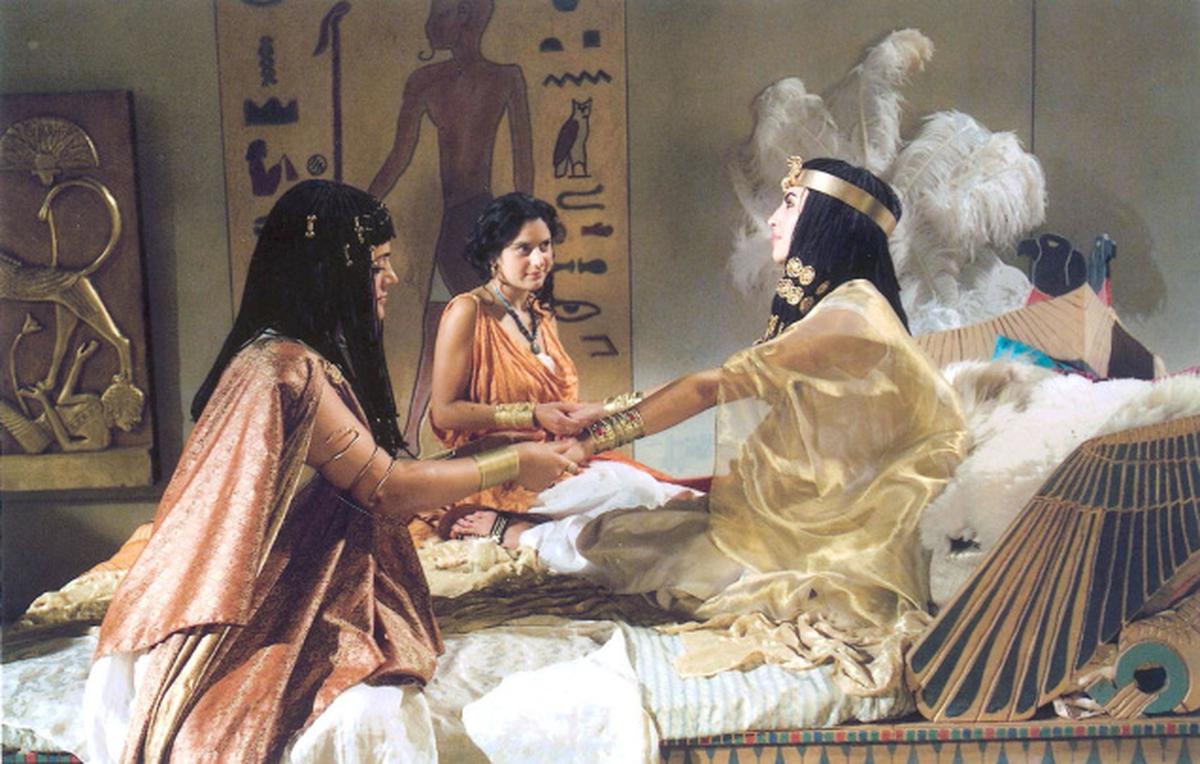Cleopatra VII, the last ruling queen of Egypt, is one of the most famous and controversial figures in world history. Her death has been shrouded in mystery and debate for centuries, and to this day, it is not definitively known how she died. This article will explore the various theories surrounding Cleopatra’s death, from poison to asphyxiation.
History of Cleopatra VII
Cleopatra VII was born in 69 BC in Alexandria, Egypt. She was the last in a line of ruling queens of the Ptolemaic dynasty, descended from one of Alexander the Great’s generals who had taken control of the country following his death. Cleopatra’s reign was marked by a series of political and military challenges, including a civil war with her brother, an attempt to ally with Rome, and a long-standing feud with her sister, Arsinoe. In 30 BC, Cleopatra and her lover, Mark Antony, were defeated by Octavian, the future Roman Emperor Augustus. Cleopatra and Mark Antony both committed suicide shortly after the battle.
Possible Causes of Death
a. Poison
The most commonly accepted theory of Cleopatra’s death is that she committed suicide by ingesting poison. Plutarch, a Greek historian who wrote about the life of Cleopatra, claimed that she had used an asp—an Egyptian cobra—to deliver the deadly venom. He also wrote that she had taken the poison willingly, although there is no evidence to support this claim.
b. Asphyxiation
Another theory suggests that Cleopatra died from asphyxiation, or suffocation. According to this theory, Cleopatra had hidden herself inside a rug or other large piece of cloth in order to avoid being captured by Octavian’s soldiers. The cloth was then tightly bound, and Cleopatra died from lack of oxygen.
Conclusions
The exact cause of Cleopatra’s death remains a mystery, and it is likely that we will never know the truth. Despite this, her death has become a symbol of courage and strength in the face of adversity. Her legacy continues to be remembered and celebrated, and her story will continue to captivate people for centuries to come.



